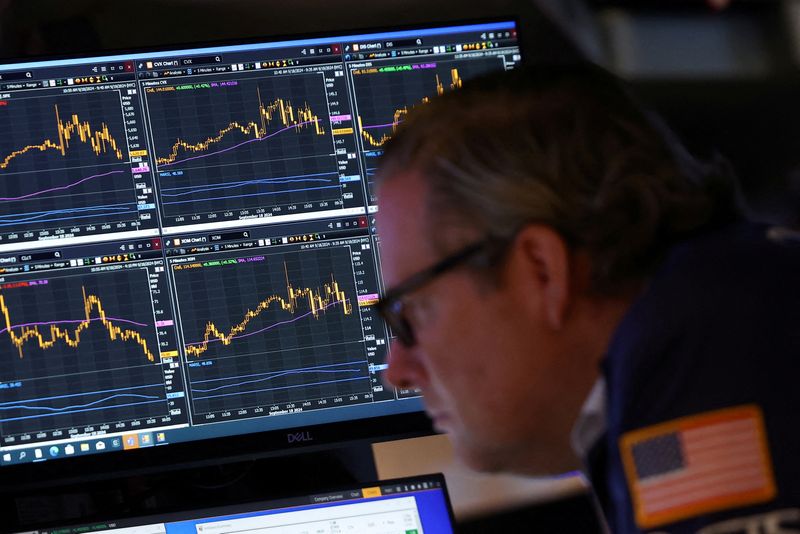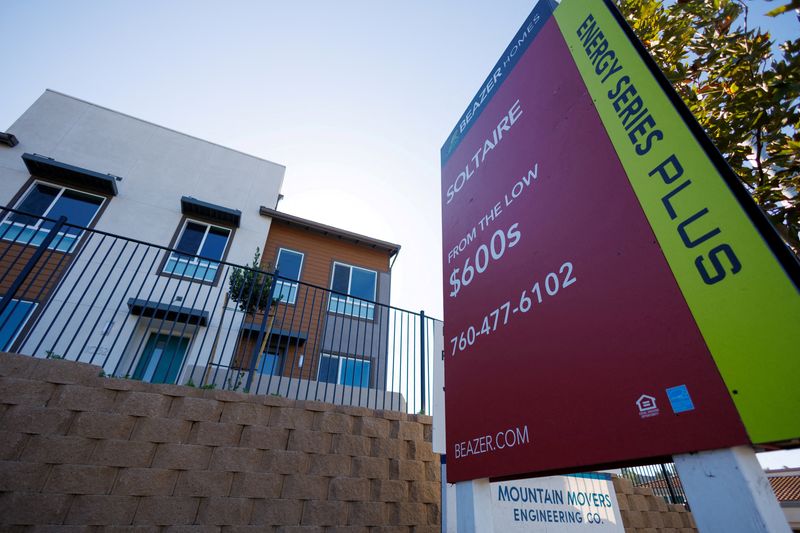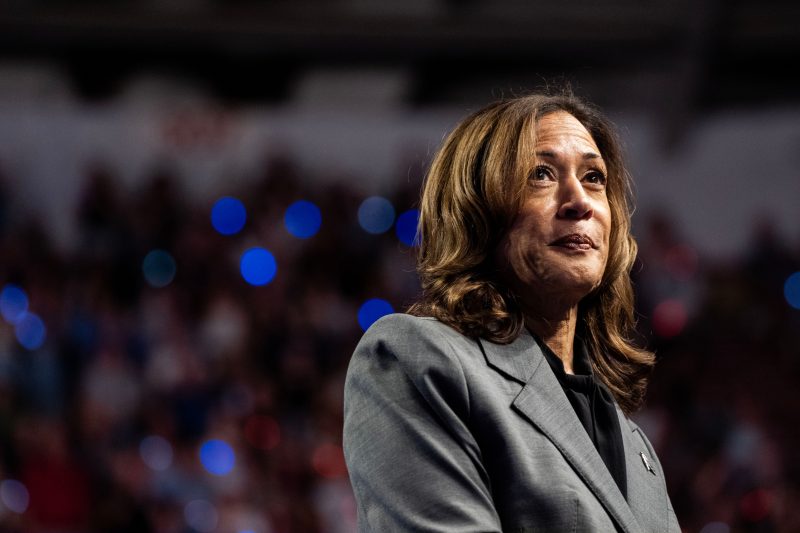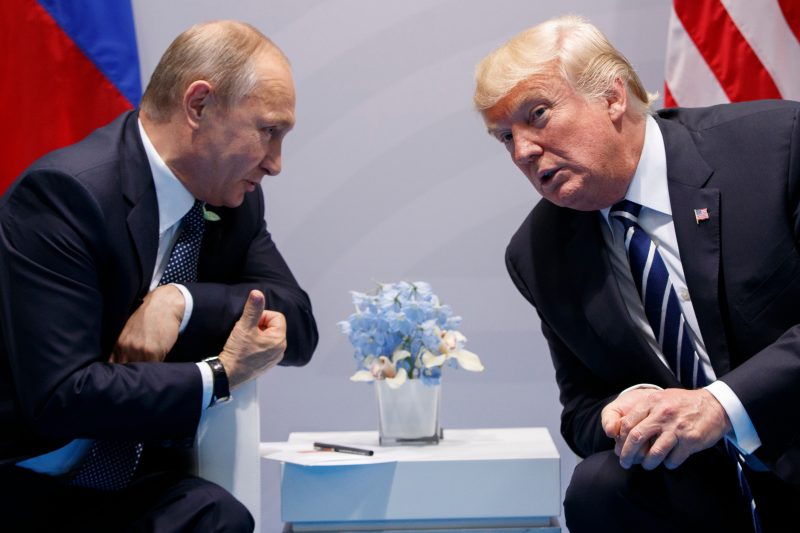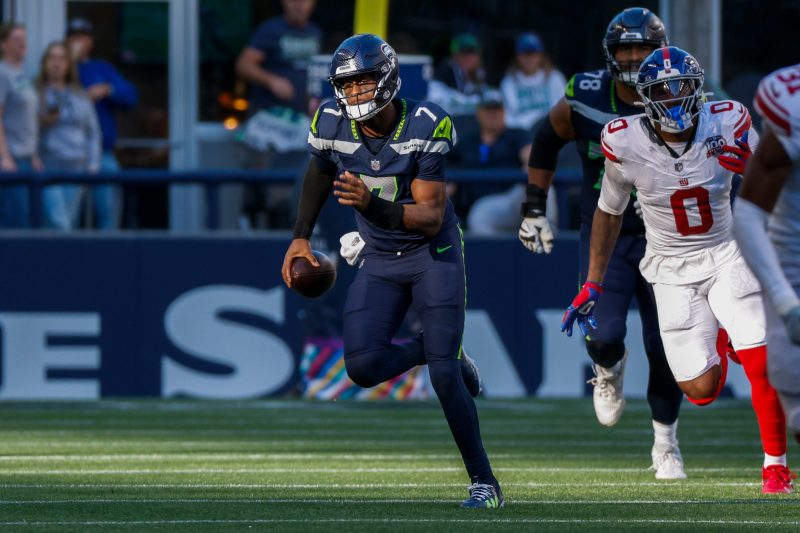Wider US deficits, inflationary trade policies threaten bond outlook, says PIMCO

By Davide Barbuscia
NEW YORK (Reuters) – Widening U.S. budget deficits and inflationary trade policies after the Nov. 5 presidential election could weigh on U.S. government bonds despite the near-term advantages of a central bank in easing mode, bond giant PIMCO said on Wednesday.
The bond-focused U.S. manager, with $1.9 trillion in assets, expects a so-called soft landing for the U.S. economy as inflation subsides and economic activity remains on solid footing. A worse-than-anticipated slowdown could still be positive for bonds, as the Federal Reserve would cut interest rates more aggressively, it said.
But while it favors intermediate-duration bonds such as five-year Treasury securities that are expected to gain value due to lower interest rates, the outlook is cloudier for longer-duration bonds that could be negatively affected by U.S. fiscal and trade policies, said PIMCO.
“High government deficits could push long-term yields higher over time,” Tiffany Wilding, a managing director and economist, and Andrew Balls, chief investment officer for global fixed income, wrote in an economic outlook report.
The Committee for a Responsible Federal Budget, a budget-focused think tank, estimated this week that tax and spending plans of Republican presidential candidate Donald Trump could add $7.5 trillion to U.S. deficits over the next 10 years, while Vice President Kamala Harris could add nearly half that amount.
“U.S. deficits will be the biggest loser no matter which party wins” said PIMCO. High government debt will contribute to a steepening of the U.S. yield curve, which occurs when long-dated bonds perform worse than short-dated ones, it said.
Trade policies could further worsen the outlook for bonds as higher tariffs on imports, expected under a Trump presidency, would likely be inflationary and drag on economic growth.
“The potential for globally disruptive trade policies appears greater under a second term for former President Donald Trump, while Vice President Kamala Harris seems more likely to continue the current more targeted approach should she prevail,” said PIMCO.
This could complicate the U.S. central bank’s efforts to return inflation to its 2% target.
“Monetary policymakers will have to be mindful that higher short-run inflation (as the additional costs of tariffs are passed on to consumers) risks rising inflation expectations, despite the downside risks to growth as real incomes fall.”
